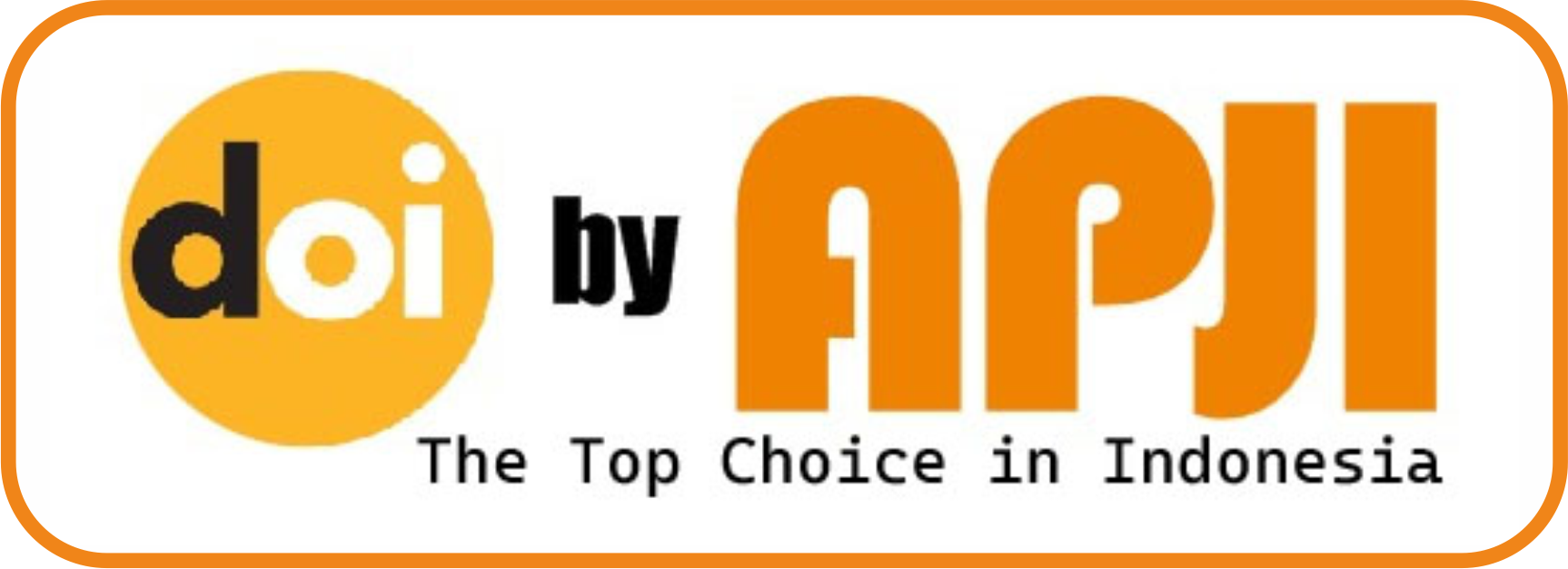Developing Project-Based-Learning (PBL) Speaking Syllabus for Flight Attendant School in Flipped Learning Network (FLN) Activities
DOI:
https://doi.org/10.55606/ijel.v2i1.50Keywords:
Flipped Learning Network (FLN), Project Based Learning (PBL), Speaking, Flight Attendant SchoolAbstract
This article defines the process for developing a speaking syllabus for flight attendant school in a Flipped Learning Network (FLN), which increases student engagement and learning by assigning watching videos at home followed up in pre-teaching discussions, and requiring the students to work on live practices in face-to-face classroom activities. Considering that the syllabus is designed to develop the students' oral competence, the target speaking skill is aimed toward developing students' ability to engage in procedural communication in the workplace. Therefore, the topics/themes are chosen to meet the needs of flight attendants consistent with Project-Based Learning (PBL) by Forum Group Discussions (FGDs). In order to achieve this objective, the development of a syllabus begins with a need analysis, topic selection, syllabus prototype production, expert evaluation, and revision for the final product. The syllabus is organized such that the learning experience is explicitly stated for two formats: online meeting (through Google Classroom for the video analysis) as the lecture homework for pre-discussions followed by classroom face-to-face meeting (through FGDs with peers, individual work, and the teacher) to comprehend students' understanding though some units. Each unit has 2 (two) topics. Each topic consists of 60 (sixteen) minutes or 1 (one) meeting. This syllabus development is considered to be implemented in terms of FLN for instructional activities in flight attendant school resulting higher-order thinking skills such as collaboration, design and problem solving as students tackle difficult problems, work in groups, research, and construct knowledge with the help of the teacher and peers.
References
Azlina, et al. (2014). Flipped Classroom: Reviving Cognitive Development among School Students. 3rd International Qualitative Affordable Education, 5.
Baepler, P., Walker, J. D., & Driessen, M. (2014). It's Not About Seat Time: Blending, Flipping, and Efficiency in Active Learning Classroom. Computers and Education, volume 78, 227-236.
Bao, D. (2014). Developing Materials for Language Teaching. London: Bloomsbury.
Bergmann, J. (2012). Implementing The Flipped Learning Classroom - Teachers and Technology Team Up to Reinvent Education.
Bergmann, J., & Sams, A. (2012). Flip Your Classroom: Reach Every Student in Every Class Every Day. Washington, DC: ISTE.
Bishop, J., & Verlezer, M. (2013). Testing The Flipped Classroom with Model Eliciting Activities and Video Lectures in A Mid-Level Undergraduate Engineering Course. Frontiers in Education Conference. Oklahoma: IEEE.
Borg, W. R., & Gall, M. D. (1983). Educational Research: An Introducion. New York & London: Longman Publishing.
Chen, Y. L., Wang, & Kinshuk. (2015). Students' Perspectives of Using Cooperative Learning in A Flipped Statistics Classroom. Australian of Educational Technology, volume 31, issue 6, 621-640.
Condliffe, B., Quint, J., Visher, M. G., Bangser, M. R., Drohojowska, S., Saco, L., & Nelson, E. (2017). Project-Based Learning: A Literature Review. Mdrc, ERIC.
Dove, A. (2012). Examining The Influence of A Flipped Classroo Approach in Mathematics. Social Information, Technology, and Teaching International Conference , 1230-1236.
Findlay-Thompson, S., & Mombourquette, P. (2014). Evaluation of A Flipped Classroom in An Undergraduate Business Course. Business Education and Accreditation, volume 6, issue 1, 63-71.
Flumerfelt, S., & Green, G. (2013). Using Lean in Flipped Classroom for at Risk Students. Educational Technology & Society, Volume 16, Issue 1, 356-366.
Goodwin, B., & Miller, K. (2013). Evidence on Flipped Classroom is Still Coming in. Educational Leadership, Volume 70, Issue 6 , 78-80.
Huston, M., & Lin, L. (2012). Humanizing The Classroom by Flipping the Homework versus Lecture Equation. Social Information Technology Teaching Education International Conference, 1177-1182.
Katekina, A. A., Zaynullina, G. I., & Basenko, I. (2020). Integrating Project-Based Learning in Teaching English as A Foreign Language. Advances in Economic, Business and Management Research, volume 114, 341-345.
Kong, S. C. (2015). An Experience of A Three-Year Study on The Development of Critical Thinking Skills in Flipped Secondary Classrooms with Pedagogical Support. Computers & Education, volume 89, 16-31.
Saidalvi, A., & Mohamed, H. (2019). Project Based Learning in Flipped Classroom Based on Student's Cognitive Style. International Journal of Recent Technology and Engineering, Volume 7, Issue 683, April, 696-773.
Shih, W.-L., & Tsai, C.-Y. (2017). Students' Perception of A Flipped Classroom Approach to Facilitating Online Project-Bsed Learning in Marketing Research Courses. Australian Journal of Educational Technology, volume 33, issue 5.
Simonova, K. N. (2015). Project-Based English Langugae Teaching. Rostov-on-Don: Southern Federal University Press.
Sun, J. Y., Wu, Y. T., & Lee, W. I. (2016). The Effect of The Flipped Classroom Approach to Open Course Ware Instruction on Students' Self-Regulation. British Journal of Educational Technology.
Thomas, J. W. (2000). A Review of Research on Project-Based Learning. Navato, CA: The Buck Institute for Education.
Tucker, B. (2012). The Flipped CLassroom: Online Instruction at Home Frees Class Time for Learning. Education Next, Volume 12, Issue 1, 82-83.
Wahyudin, A. Y. (2017). The Effect of Project-Based Learning on L2 Spoken Preformance of Undergraduate Students in English for Business Class. Advanced in Social Science, Education and Humanities (ASSEHR), Volume 82, 42-47.
Zappe, S., Leicht, R., Messner, J., Litzinger, T., & Lee, H. (2009). "Flipping" The Classroom to Explore Active Learning in A Large Undergraduate Course. The 2009 American Society for Engineering Education Annual Conference and Exhibition. New Orleans, LA.



















